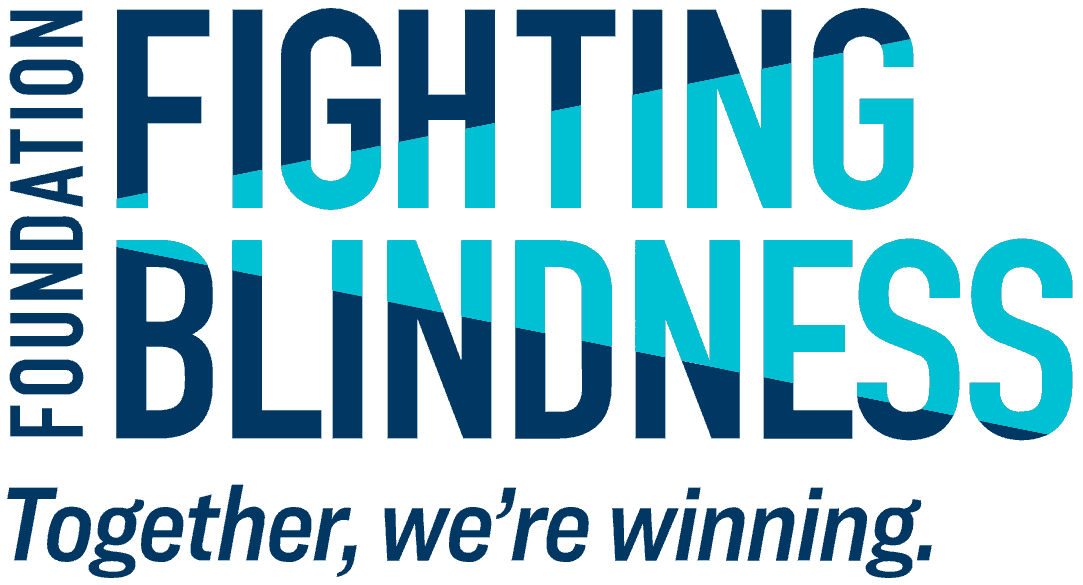Retinal diseases genetic variants registry
Project Summary - Funded by the Foundation Fighting Blindness
 Inherited retinal diseases (IRD) display a broad spectrum of variability, both on the level of the individual
(phenotype and disease severity) and the DNA level (the gene(s) and variants involved).
Significant improvements in the technology to detect DNA variants (especially DNA sequencing)
and an associated reduction in the cost involved have revolutionized our ability to get to a definite diagnosis for many patients.
While initially, we were able to analyze only one gene simultaneously,
it is now possible and affordable to analyze all genes known to be involved in inherited retinal diseases.
The technology even allows us to study all genes in the human genome.
This facilitated the recent discovery of a whole series of new inherited retinal disease genes
of which some were found to be affected in only a few patients/families worldwide.
At the moment, more than 250 different genes have been identified, together containing several thousands of unique changes at the DNA level (variants).
Inherited retinal diseases (IRD) display a broad spectrum of variability, both on the level of the individual
(phenotype and disease severity) and the DNA level (the gene(s) and variants involved).
Significant improvements in the technology to detect DNA variants (especially DNA sequencing)
and an associated reduction in the cost involved have revolutionized our ability to get to a definite diagnosis for many patients.
While initially, we were able to analyze only one gene simultaneously,
it is now possible and affordable to analyze all genes known to be involved in inherited retinal diseases.
The technology even allows us to study all genes in the human genome.
This facilitated the recent discovery of a whole series of new inherited retinal disease genes
of which some were found to be affected in only a few patients/families worldwide.
At the moment, more than 250 different genes have been identified, together containing several thousands of unique changes at the DNA level (variants).
However, these new technological advances also came with a problem. When we analyze all genes known to be involved in a patient, we detect a large range of variants. For each variant, we have to answer the question, "does this variant have deleterious consequences, and can it explain the patient's health problems?". We are currently unable to answer this question for all variants identified and therefore can not give a definite diagnosis for all patients analyzed. An effective and relatively cheap step forward is to collect all existing data - patient phenotypes and the variants identified - and share these worldwide.
In this project, we are creating such a publicly available resource for non-syndromic IRD, Bardet-Biedl, and Usher syndrome, using the existing platform of the "Global Variome shared LOVD" databases. In this resource, we are collecting all data published in scientific literature and all unpublished data available in the laboratories of the participating institutes and (commercial) genetic testing centers worldwide. We have recruited experts per disease/gene who are collecting data from the literature. We have created a portal where they are uploading data files to be processed. Several data analysts then check the uploaded files, extract variant and patient data, and import the data into the database. Then, the gene experts will define protocols for variant classifications based on existing standards. When all data are collected, they will evaluate each variant and classify each as "disease-associated" (pathogenic), "not disease-associated" (benign), or as "unknown" (variant of unknown significance, VUS). The last category, the variants of unknown significance (VUS), are currently the most problematic group: we have too little information to allow an evidence-based classification. We expect that by simply pulling together all available information, we should be able to give a definite opinion of a significant fraction of the VUS variants. The results of this study are also shared with ClinVar, the variant database hosted by the National Institutes of Health.
With the advent of therapies for an increasing number of IRDs, often being variant-specific, there is an additional incentive to collect the data mentioned systematically and sustainably. The gene variant databases built during this project will also serve as an entry point to identify the patients/families that could benefit from the therapies developed.
Related links